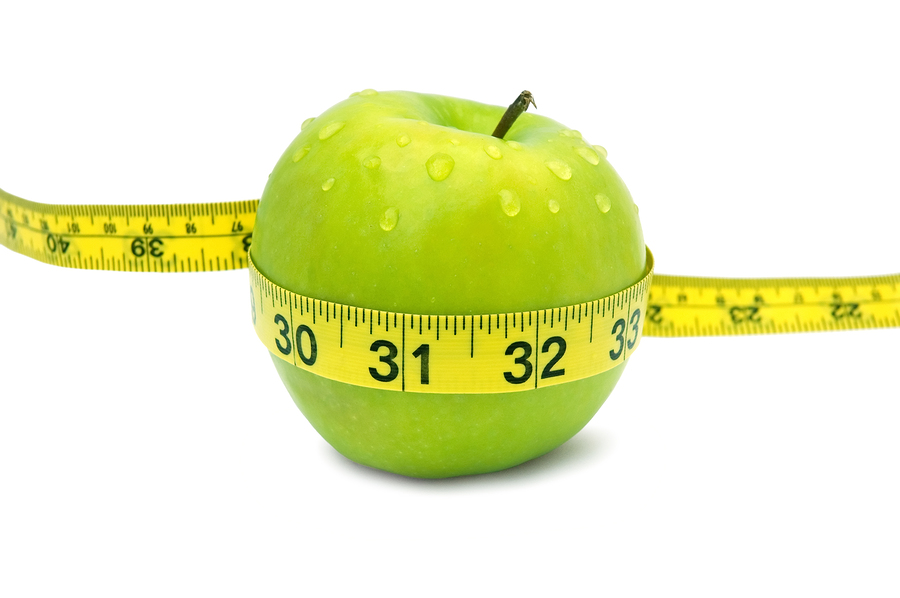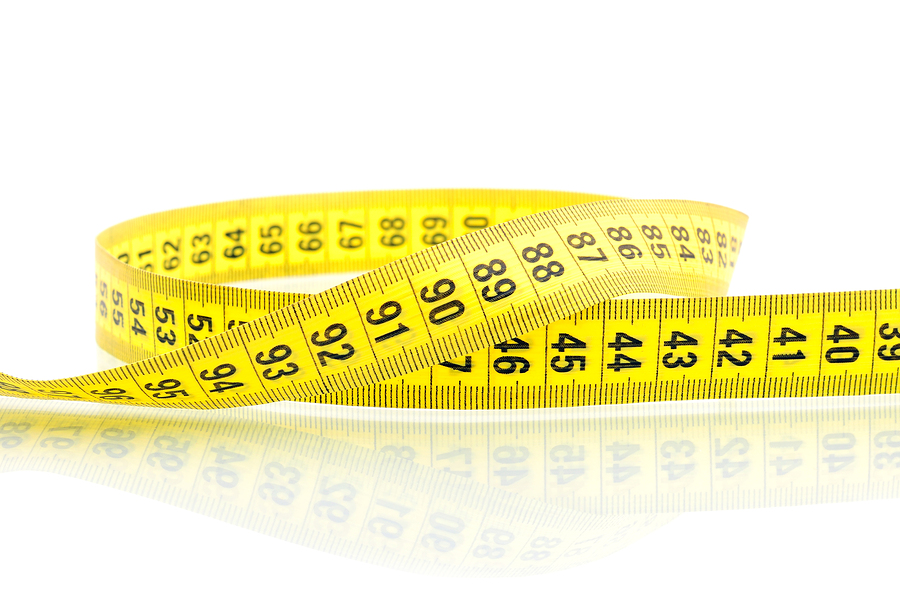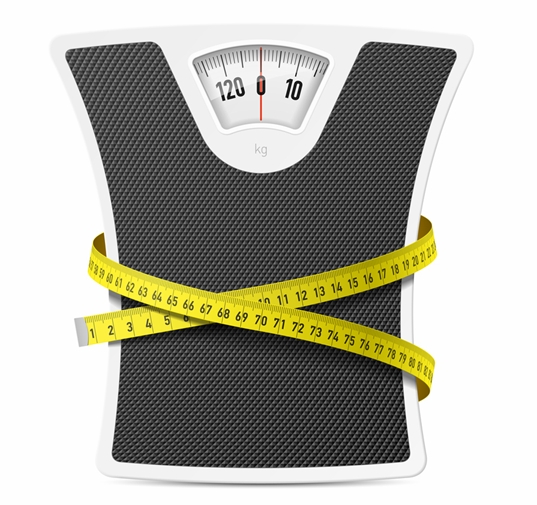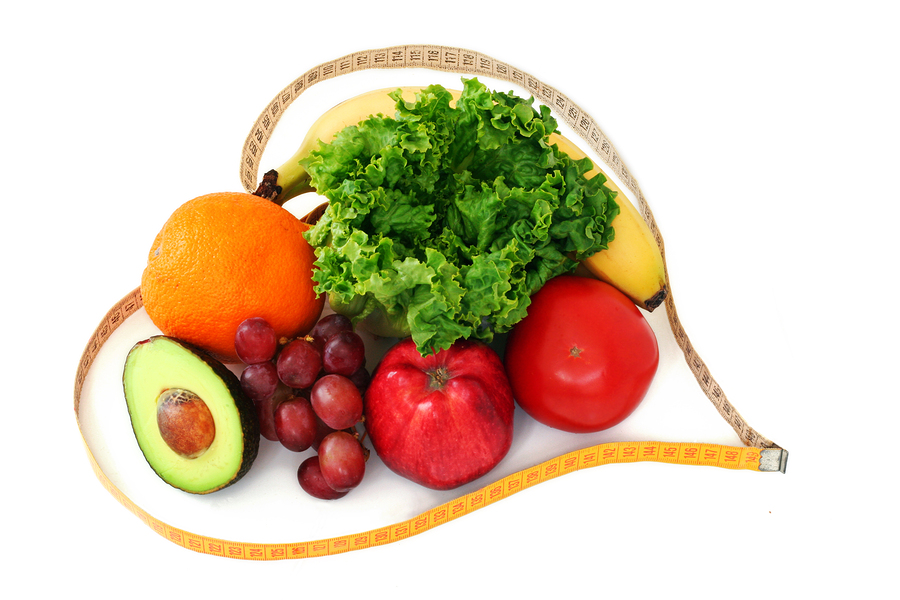According to new research from bodyproject.com, four million Brits will start their diets on Bank Holiday Monday in prep for summer. But 86 per cent will fail within a week. Anna Magee reports on the outmoded strategies that ruin our best-laid body plans
1. DIET DRINKS
It’s a simple equation: diet drinks have no calories so they won’t impact weight. Except they do. People who drink diet drinks are fatter than those that don’t. One study from the University of Texas Health Science Centre found that people who drank 21 diet drinks a week were twice as likely to be overweight. Moreover, another looking at people drinking diet soft drinks over ten years found their waists grew a staggering 70 per cent more than non-diet drinkers. ‘Diet drinks feed a sweet tooth as gram for gram artificial sweeteners they can be 13,000 times sweeter than sugar,’ says nutritionist Zoe Harcombe, author of The Harcombe Diet: Stop Counting Calories & Start Losing Weight (Columbus £8.81). ‘This perpetuates our desire for sweet things.’ Sweeteners have also been shown to have a similar effect on blood glucose and insulin levels as real sugar. ‘These blood sugar fluctuations drive cravings for sweet substances when blood sugar is low,’ she explains. Artificial sweeteners also trigger a desire to eat more. ‘When it receives a sweet taste without the calories it expects, the body can inadvertently seek out more real sugar, triggering sweet cravings,’ says Harcombe. Obesity researchers now speculate that this could also inhibit the production of hormones that make us feel full after eating.
What to do instead: Drink sparkling or still water with some fresh lime or lemon juice added, suggests John Briffa, author of Escape the Diet Trap (Fourth Estate £6.79). If you want a sweet taste, coconut water with nothing added is a natural, healthy choice.
2. SKIPPING BREAKFAST
Last year at least one controversial diet book extolled the fat-burning virtues of skipping breakfast. But a large body of research shows thin people eat breakfast, fat people don’t. Missing breakfast leads to overeating later in the day as blood sugar drops mid-morning making you more compulsive around food and less likely to resist that double mocha and Danish, says Dr Marilyn Glenville, author of Fat Around the Middle (Kyle Cathie £6.99). ‘Plus, you are more likely to binge at night as your body plays catch-up on calories you have missed, making you more likely to store the calories as fat.’ Researchers at Imperial College London recently used MRI brain scans to study the effects of skipping breakfast. They found the reward centres in the brains of the breakfast-skippers lit up when they saw higher-calorie foods such as pizza, cake and chocolate, making them less likely to resist junk food than those who opted for a morning meal.
What to do instead: Research at Pennington Biomedical Research Centre in Louisiana found those who started their day with two boiled eggs felt less hungry and ate less come lunchtime. Any form protein in the morning – plain yoghurt and berries, mackerel or smoked salmon and tomato, an omelette or some raw muesli with nuts – makes for a breakfast of (thin) kings. ‘If you can’t face breakfast,’ says Dr Briffa, ‘having a handful of walnuts or almonds an hour after waking will be enough to stop you binging later.’
3. WEEKEND BLOW OUTS
Even after five days of restraint, a weekend of freestyle carbicide will make you gain weight. ‘Say you sensibly manage your carbohydrate intake during the week and then junk binge for two days at the weekend, with burgers, pasta, ice cream, cakes, biscuits and so on, you can technically gain up to five kilograms.’ As carbohydrates first store in muscles as glucose and water, this won’t be fat – yet – but it will turn into it if it isn’t worked off and require extra exercise in the week, thus keeping you on a binge/purge, yo-yo cycle. More insidiously, weekend blow outs keep you feeling deprived psychologically, says Sarah Flower, author of The Healthy Lifestyle Diet Cookbook (Spring Hill £14.99). ‘People get into patterns of likening the fun and relaxation of weekends to unhealthy eating,’ says Flower. Then they go back to their working week equate hard work and deprivation with dieting. ‘That keeps people locked in the mindset of ‘good’ or ‘bad’ eating, using food as punishment or reward. Long-term healthy eating should feel fantastic, not like punishment,’ says Flower. Plus, ‘if you feel compelled to blow out every Saturday and Sunday it suggests the way you are eating most of the time is not satisfying you and making you unhappy,’ says Dr Briffa. ‘You’re hanging out for Saturday and Sunday when you can enjoy your diet. But the healthy eating should be making you feel better not be your punishment.’
What to do instead: Pepper your week with small amounts of what you like such as a small glass of wine, some flavourful cheese or good chocolate. ‘We all have lives to lead and at the weekend with more kids around and more social events, it can be harder to stick to a diet,’ says Dr Briffa. ‘If you have a croissant with jam and a fry up on a Saturday morning go back to your regular eating habits for the next meal. The damage will only be done when you start mind games such as ‘Oh I have been bad now, I might as well continue all weekend’, he says. ‘That’s how fat people think.’
4. FAT PHOBIA
Studies on that teeny ten per cent of people who lose weight and keep it off show those who are successful get a 30 per cent chunk of their daily calories from fat. Yet when dieters avoid it, they are hungry all the time. ‘Fat is highly satiating,’ says Harcombe. ‘People who avoid it are invariably never satisfied by meals,’ says Zoe Harcombe. This helps explain why low-fat yoghurt rarely cuts it in the satisfaction stakes. ‘Low-fat mania is the reason dieters crave fatty foods and end up binging on cakes, biscuits and ice-cream, all sources of the fat their bodies need, ’ says Harcombe. Low fat food is particularly pointless for people wanting to lose weight because as real fat is removed, something needs to be added to retain taste and texture. ‘This is usually sugar and flour that are nutritionally poor that provide calories without nutrients.’ Fat also provides essential fat soluble vitamins A, D, E and K and the Government’s National Food Survey shows that we are now deficient in many of these, thanks to the low-fat message, especially vitamin D, one of the reasons behind the re-emergence of rickets.
What to do instead: Choose full fat yoghurt (especially Greek as its higher in protein so keeps you even more satisfied for longer) and add a pat of butter to steamed vegetables, suggests Dr Briffa. Get into good fats such as omega -3 fatty acids (there is some evidence these help the body burn fat) such as crushed flaxseeds on porridge or yoghurt and walnuts for snacking on. The latest are MCTs or medium chain triglycerides, found primarily in coconut oil and now touted as ‘skinny fats.’ One study in the Journal of Nutrition found that MCT oil (from coconuts) used as a salad dressing or for cooking could help the body burn more calories. (£17.75 from omeganutrition.co.uk).
5. ‘BUT IT’S HEALTHY’
Even ‘healthy’ foods can be more-ish and overeaten. Houmous, pistachio and peanuts contain healthy fats but come with masses of calories and often epically fail the ‘eat just one’ test. Such foods can act as trigger foods for those with a tendency to overeating. ‘It’s possible to overeat a healthy diet and as a result not lose weight or even gain it,’ says Dr Briffa. ‘Being ‘healthy’ doesn’t give people carte blanche to completely ignore calories.’ Look out too for cereals, snack bars and drinks that present themselves as healthy options that are anything but, advises Dr Glenville. ‘Most people know to look on the label and put the food back if the first few ingredients are sugar,’ she says. ‘But the sugar in a food might be high but listed in various ways on a label, a crafty trick manufacturers use to hide the total amount of sugar in a so-called health food from consumers.’
What to do instead: Healthy or not, don’t keep foods around you that you find more-ish. ‘Raw almonds and Brazil nuts are pretty hard to binge on, so they’re a better choice as most people can stick to having a small handful, than a bag of wasabi nuts that can be impossible to stop eating for some people,’ says Briffa. ‘Likewise if you find you can’t have only one teaspoon of houmous with your raw veggies as a snack and you’re tempted to eat the whole pot, choose something else.’ If trying to spot faux-healthy food, know sugar’s nom de plumes: corn syrup, maltose, dextrose, sucrose, fructose or anything ending in –ose. Sarah Flower also suggests watching foods produced by slimming clubs as these can be high in sugar, artificial sweeteners and refined carbohydrates that increase appetite.
6. DIETS. PERIOD.
Fact: 90 per cent of yo-yo dieters don’t keep their weight off. ‘People go on a rigid diet and manage to lose weight,’ Professor Alexander Miras, an obesity researcher at University College London. ‘But most people can’t tolerate rigid dieting for long so once it’s inevitably stopped, weight goes a little higher than what it was before. Then you go on another diet, lose again, stop and go a little higher still. That is how crash dieters gain more and more weight over time. The body thinks it’s starving and so to compensate, will switch on all the mechanisms it has to store food.’ One of these is hormones. Last year, a study of 50 overweight women and men at the University of Melbourne showed that after dieting our hormone levels start to work overtime, reacting as though our bodies are starving. The study found that participants’ levels of ghrelin, a hormone that stimulates appetite, was 20 per cent higher than before they went on the diet and their levels of leptin, a hormone that suppresses appetite and registers satisfaction after eating were lower. The bottom line: dieting was making them hungrier.
What to do instead: ‘The only diets been proven effective for long-term weight loss in randomized controlled studies are those that focus on higher amounts protein and vegetables and limit carbohydrates to those with a low Glycaemic Index (GI),’ says Professor Miras. GI is a number rating out of 100 that refers to how quickly a particular food spikes blood sugar. Low GI is considered 55 or under.
HOW PEOPLE WHO LOSE WEIGHT LONG-TERM KEEP IT OFF
90 per cent of people who go on diets regain the weight in a year. The US National Weight Control Registry in the States studied the habits of the ten per cent of people who did keep anything from 30 to 300 pounds off for five years or more. Here’s what they did:
- 78 per cent ate breakfast every day
- 75 per cent weighed themselves at least once a week
- 62 per cent watched less than ten hours of telly a week
- 90 per cent exercised moderately, not hard for an hour everyday (most chose walking)
Like this article? Sign up to our newsletter to get more articles like this delivered straight to your inbox.

























































